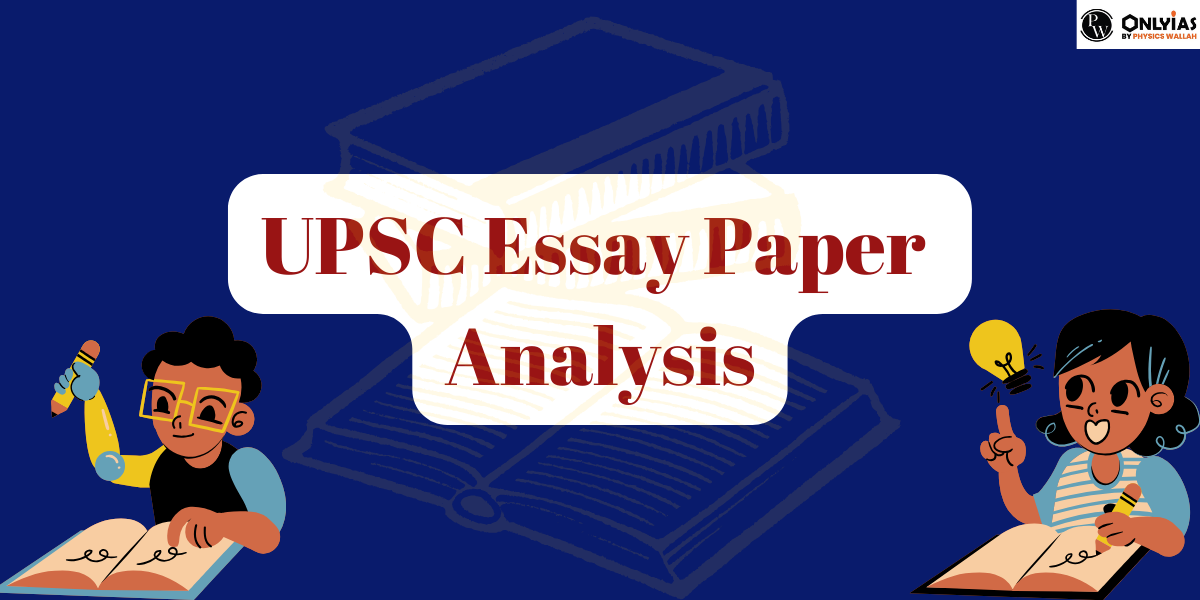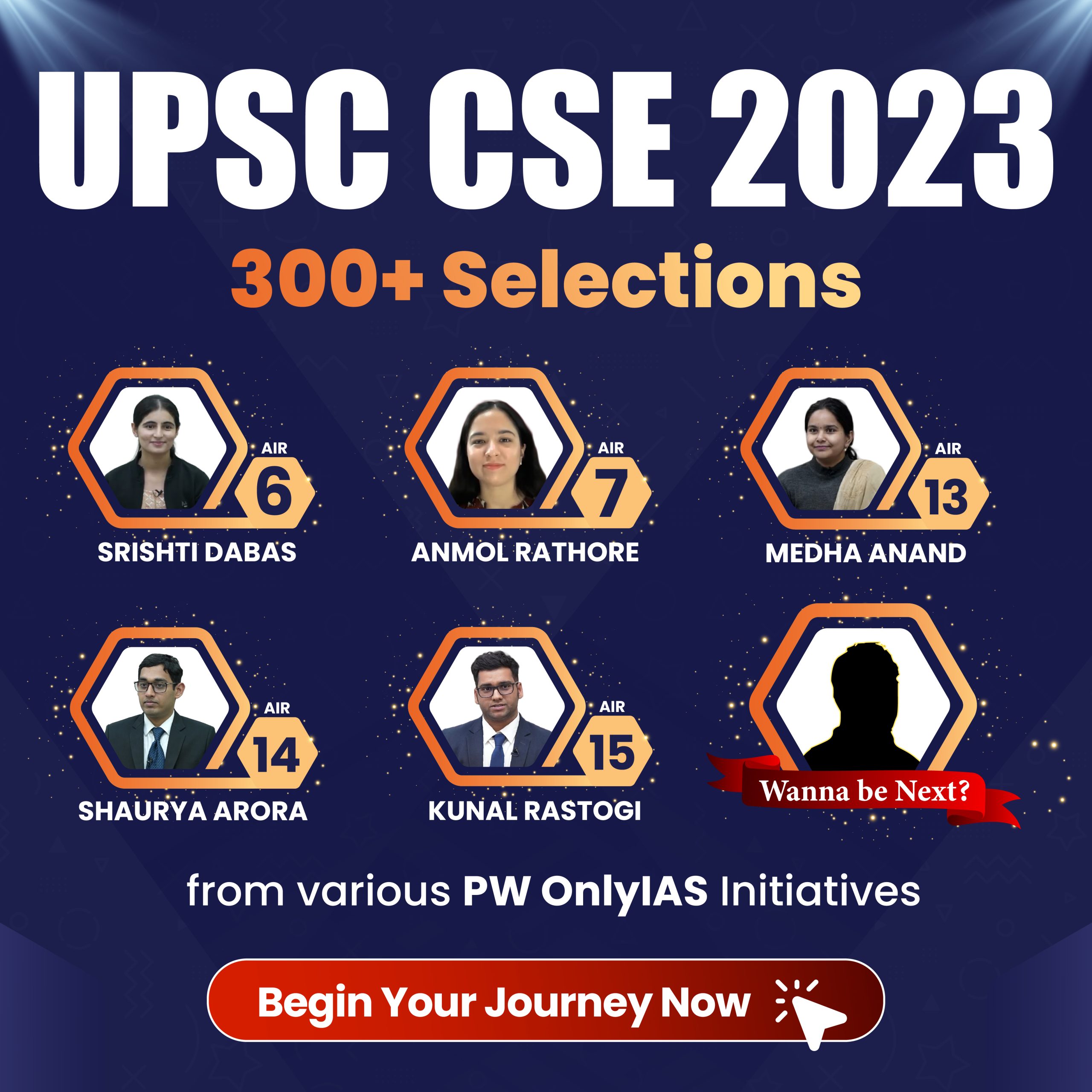![]() Gaurav Soni
Gaurav Soni
![]() October 05, 2023 02:03
October 05, 2023 02:03
![]() 6168
6168
![]() 1
1

Q1: Thinking is like a game; it does not begin unless there is an opposite team.
Approach
Introduction:
Body:
Conclusion:
|
ANSWER:
“The world as we have created it is a process of our thinking. It cannot be changed without changing our thinking.” — Albert Einstein
Thinking is an essential aspect of human life. It is the process of using one’s mind to consider and evaluate information, ideas, and concepts. Thinking is like a game, in that it involves opposing teams. The opposing teams in thinking are the different ideas and perspectives that one considers. These opposing teams allow for critical thinking and the development of new ideas.
Origin of the Idea:
Though thinking is natural and innate to humans, how ideas take shape is an important question. It is simply by virtue of cognitive abilities to solve problems, observe things or neural networks that gives birth to a thought or there are some external stimuli also that shapes our thoughts and visions. If we consider thinking like a game, we need an opposition to shape as well as challenge our lines of thought.
The game of thinking begins when one is presented with a problem or challenge. This problem or challenge can come from various sources, such as work, personal life, or society as a whole. The first step in the game of thinking is to identify the opposing teams. These opposing teams can be different ideas, perspectives, or solutions to the problem at hand.
Once the opposing teams have been identified, the game of thinking can begin. The first step in the game is to evaluate each opposing team. This evaluation involves considering the strengths and weaknesses of each team. It also involves considering how each team aligns with one’s values and goals
Manifestation of idea in Daily life:
This has been one of the ways many ideas have developed across disciplines. Be it Socrates who himself challenged his primary thoughts to give a more holistic view of things in form of Thesis, Antithesis and in the end synthesis or be it sophists before him, who were known for their critical and opposing thoughts to the other party while deliberating upon an idea.
Similarly in Indian tradition also, the concept of Sharsthratha, which means deliberating upon the intended meaning of ideas in the core holy books by means of debates, discussions, and critical analysis. This tradition signifies the importance of having an opposing team to have diversity of ideas and thoughts and to arrive at a conclusion that seems more agreeable to rest.
Such methodology pervades all fields of life. For any thought, there is often a counter thought. When the U.S.S.R was propagating its communist ideology, the U.S.A was fueling the capitalist ideology around the world. Similarly, when the ideas of geocentric earth were promoted in ancient Italy by the Roman Catholic Church, some individuals with scientific temper were proving that the sun is in fact the Centre of the universe, and not the earth.
Although, it might not be correct to say that all opposing thoughts originate as an act in a game. The act of having an opposite ideological orientation is a much more complex and nuanced process. Many a time, it is the domination or pervasiveness of one ideology that gives birth to an alternate idea. For time immemorial, women and other genders have been subjugated to the ideals of patriarchy. The realization of this normalized yet silent oppression as well as rising political consciousness has given birth to the movements like Feminism, Humanism etc.
Thus, it is important to have a diversity of ideas which often develop beautifully with opposing teams, it needs to be considered that not all thinking should be competitive. When we pitch one idea against the other in the spirit of competition it often creates conflicts. One such conflict was the Cold war, where the idea of supremacy of capitalist over communist ideology or vice versa brought the world to a nuclear flashpoint.
We witness the harm being propagated today in unhealthy corporate competition around us today. Customers are often targeted with alternate ideas to promote one’s selfish interest and not for the benefit of the idea itself. Such rivalries as Coca Cola v/s Pepsi, Meta v/s X etc thus, create a toxic consumerist culture overall where everyone, be it customers, environment, society etc all lose in the end. Thus, such excessive competition in thinking can be counterproductive, leading to intellectual deadlock or polarization rather than fruitful outcomes.
We can say that framing thinking as a game with opposing teams places too much emphasis on conflict and competition, which can hinder open-mindedness and creativity. It might discourage individuals from seeking common ground or exploring diverse perspectives. That is seen in Political scenario where only opposition oriented thinking harming creative and efficient decision making. Also, reduced thinking to a game oversimplifies the complexity of human cognition. Thinking often includes a combination of competitive and collaborative elements, and the context heavily influences which approach is most appropriate. This is known as a reductionist approach of thinking which one way of looking at things is.
The game of thinking is not always easy. It requires critical thinking, creativity, and an open mind. It also requires the ability to consider different perspectives and ideas. However, the game of thinking is essential for personal growth and development. It allows individuals to develop new ideas and solutions to problems.
In order to excel at a game, one must be fully present and engaged in the task at hand. The same is true for thinking. Distractions can hinder the thought process and prevent meaningful insights from emerging. By cultivating focus and concentration, individuals can enhance their ability to think deeply and critically about complex problems.
Thinking is in fact a very complex process and there is always an individualistic dimension present to it. Human thought is not driven by external stimuli only. Most of our initial ground-breaking ideas come from a place where there was no scope of opposition. For example, humans inventing fire, or deciding to settle down for agriculture in prehistoric times to the idea of gravity of Newton to the idea of mass energy, equivalence of Einstein all are works of their individual geniuses. As Edison once said, “The best thinking has been done in solitude. The worst has been done in turmoil.”
However, the game of thinking is not always fair. There are many barriers that can prevent individuals from participating fully in the game. These barriers include discrimination, prejudice, and unequal access to resources.
If our world was complex earlier, it has become more complex today. In the realm of social media, boundaries of moral and social ethics are being breached every day in the name of creative ideas trying to topple one over the other. This signifies the extent of polarization that has seeped deep into the minds of us all. Thus, there is a focus more on collaborative, cooperative and all-inclusive ways our ideas are shared and put into practice. To ensure that everyone has an equal opportunity to participate in the game of thinking, it is essential to address these barriers.
First, we need to realize that all thoughts and ideas that we send to the world should have some element of goodness for all. This is necessary to promote the welfare of all approaches. Ideas like the fight against climate change cannot be limited to rich or resourceful communities that can afford mitigation and adaptation on their own. The idea should be saving our collective home, for one and for all.
Similarly, we must understand that none of these ideas can be the all-encompassing solutions in isolation. We need to have a more collaborative and cooperative approach to work on the intent behind the idea. The space race that has started today as a means of power display or the race to the Arctic to control the mineral wealth there etc. are fruitful in one way and not the other. We need to learn to collaborate and share our wealth as well as wisdom for collective good and not selfish interest.
When the world was divided over the capitalist vs communist ideas, India paved the way for a more inclusive approach, Non Aligned Movement for foreign policy and Mixed Model of development for balancing both capitalist and socialist ideals of that time. Thus, we must try and understand the complexity of the situations and develop a contextual approach to our ideas to make them more relevant and practical.
Reductionism, where thinking is solely framed as a game with opponents, risks oversimplifying the intricate dynamics of human cognition. It is vital to appreciate the diversity of cognitive styles and the context-dependent nature of our thought processes. When we engage in collaborative thinking, inclusive approaches, and non-confrontational forms of introspection it elevates our intellectual lives.
Thus, we can conclude that it might be important to understand the origins of ideas, it is equally important to see where it will lead us when it is put into practice. An idea without principles or having the essence of morality and ethics innate into it is harmful irrespective of its origin story. Good ideas are not good in themselves, it is the inherent transformative potential within them and the will of those who work on them that makes them great ideas.
“Thinking is easy, acting is difficult, and to put one’s thoughts into action is the most difficult thing in the world.” — Johann Wolfgang von Goethe
| Useful Quotes:
“The world as we have created it is a process of our thinking. It cannot be changed without changing our thinking.” — Albert Einstein “Coming together is a beginning. Keeping together is progress. Working together is success.” — Henry Ford “The best thinking has been done in solitude. The worst has been done in turmoil.” — Thomas A. Edison “No problem can withstand the assault of sustained thinking.” — Voltaire “Thinking is easy, acting is difficult, and to put one’s thoughts into action is the most difficult thing in the world.” — Johann Wolfgang von Goethe “Thinking is the hardest work there is, which is probably the reason, so few engage in it.” — Henry Ford |
<div class="new-fform">
</div>

Latest Comments